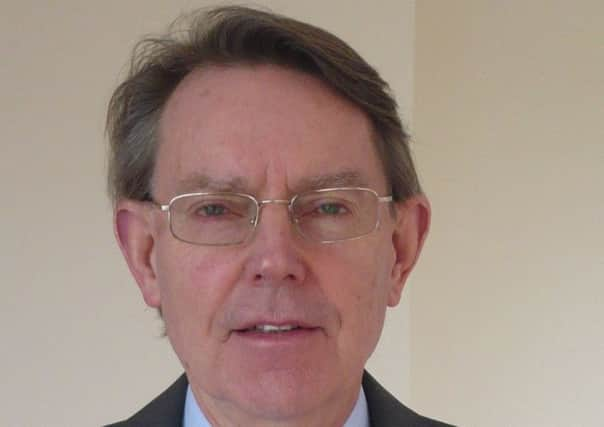Jonathan Chick: People need to admit they have an alcohol problem


So there is ambivalence about admitting that you should stop taking alcohol – motivation fluctuates.
There comes a point when people weigh up the pros and cons of their lifestyle – ‘motivational interviewing’ is the first stage in contact with the treatment community. Mutual aid groups, of which Alcoholics Anonymous is the oldest and has been scientifically validated, can be motivating – new attenders compare themselves with what they hear from others and glimpse how quitting alcohol can be rewarding. The meetings induce hope, as well as imparting practical ideas and showing how your thinking can change.
Advertisement
Hide AdAdvertisement
Hide AdThere are brain changes in heavy drinking, especially as the habit gets laid down more deeply. But attempts to tweak brain chemistry have only led to medications that work for a few. The medications licensed for alcoholism differ in their actions: acamprosate tends to only help those recovering from the more classic physical addiction (i.e. have been prone to serious withdrawal shakes and anxiety) while naltrexone has mainly helped milder cases who are not intending to abstain but need an aid to reduce tendency to lose control of the amount they drink on certain occasions. The deterrent method is still popular for some (disulfiram - ’Antabuse’). Publicity, especially in France, promoted baclofen as an aid to both stopping drinking – used for many years as a muscle relaxant. Like the medicines already mentioned it seems to help certain individuals but not others. Despite growing knowledge of alcohol’s pervasive actions in the brain, clinician prescribers are still working mainly on trial-and-error. Deep brain electrodes, or transcranial magnetic stimulation lack sound evidence.
Most entering treatment say they would prefer to reduce, not abstain completely. They have usually tried various ways to master their drinking. Many succeed in the short term but few (perhaps 5 per cent) sustain control if their alcohol problem has already intruded far into their life.
Families where there is an alcohol problem often suffer frustration, disappointments and hurts. Alcohol can give drinkers the soothing illusion that it is others who are to blame, while their own behaviour is becoming increasingly hurtful.
Al-Anon is a mutual aid fellowship that helps partners and families survive and act in ways to promote, rather than perhaps unwittingly delay, the drinker’s recovery. In the residential setting at Castle Craig Hospital, we liaise with the family and try to support the adjustments they may need to make, as well as helping the drinker make the necessary inner changes.
Many can make those changes. Sustaining it often requires help.
Jonathan Chick is medical director of Castle Craig Hospital and visiting Professor at the School of Health and Social Care, Edinburgh Napier University